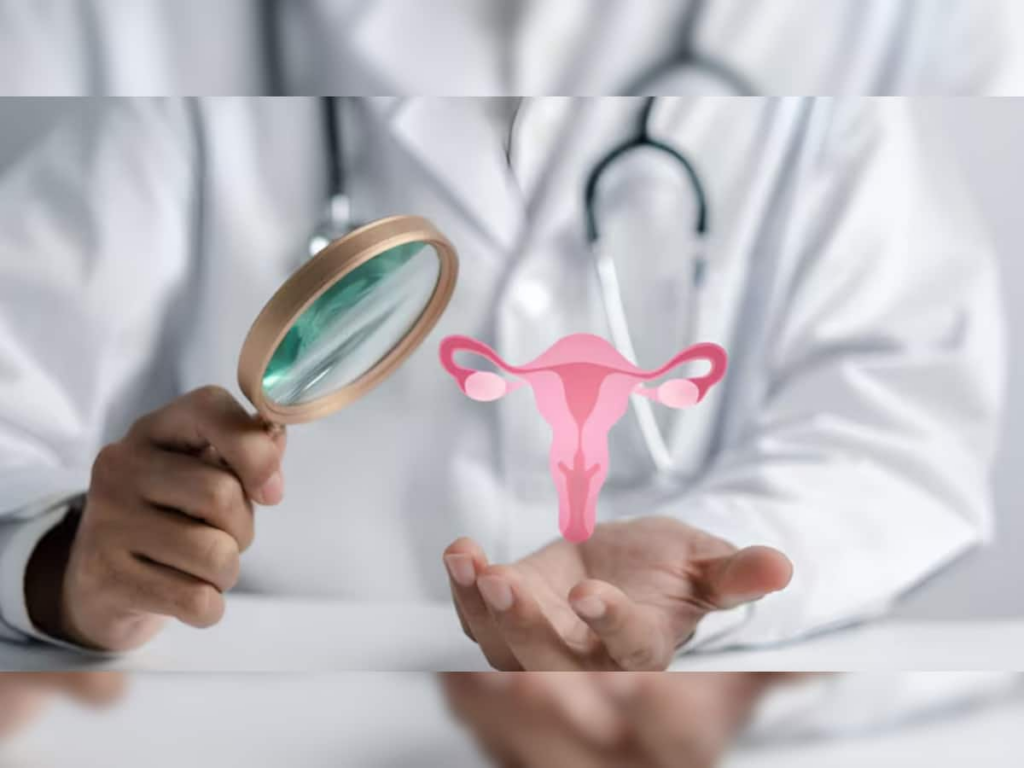PCOD Among Teenagers: Polycystic Ovarian Disease (PCOD) is no longer limited to women in their 20s and 30s. Today, an increasing number of teenage girls are experiencing irregular menstrual cycles, facial hair growth, sudden weight gain, and mood changes, classic symptoms of PCOD. Doctors, parents, and educators are raising alarms as early onset PCOD is becoming a public health concern.
The culprits? A mix of screen-heavy lifestyles, poor diets, sedentary routines, and high stress levels. These factors are deeply interconnected and are taking a toll on young hormonal health.
The Screen Time And Hormone Connection
According to Dr Venkata Sujatha Vellanki, Regional Medical Head, Oasis Fertility, teenagers now spend unprecedented hours glued to screens, whether for online classes, gaming, or scrolling endlessly through social media.
She explains: “The pandemic accelerated this lifestyle shift, disturbing circadian rhythms and leading to irregular eating patterns, poor sleep, and reduced physical activity. These disruptions create hormonal imbalances, which are directly linked to PCOD.”
Poor sleep also affects insulin and cortisol production. Since insulin resistance is a core feature of PCOD, this makes teenagers even more vulnerable. Furthermore, long hours indoors reduce vitamin D exposure and physical activity, both of which play vital roles in hormonal balance.
The Stress-PCOD Connection
Teenage years have always been emotionally turbulent, but the digital age has brought with it new, invisible stressors.
Dr Sushma Baxi, Clinical Head and Fertility Specialist, Oasis Fertility, notes: “Today’s teens face constant digital stress, academic pressure, and unrealistic body image standards. This long-term stress leads to anxiety, poor food habits, and dependence on high-fat, high-sugar comfort foods. Over time, this contributes to insulin resistance, weight gain, and worsening PCOD symptoms.”
PCOD and Future Fertility
One of the biggest concerns with teenage PCOD is its long-term impact on fertility. Dr Prinka Bajaj, Senior Consultant Fertility Specialist, Oasis Fertility, explains: “PCOD is a major cause of anovulation, which directly affects a woman’s ability to conceive later in life. If left undiagnosed, PCOD may result in infertility and ovulatory dysfunction. While assisted reproductive technologies like IVF can help, early detection and management in adolescence are the real game-changers.”
IVF can be an option for women struggling to conceive due to PCOD, but experts stress it should never be the first line of treatment. Instead, lifestyle modification and medical care during teenage years can dramatically reduce future risks.
Managing PCOD – The Role of Lifestyle
Dr Renu Raina Sehgal, Chairperson, Department of Obstetrics & Gynaecology, Artemis Hospitals, stresses that PCOD and PCOS doesn’t have to define a girl’s life. She shares: “With the right care, women with PCOS can live healthy, fulfilling lives. Proper sleep, stress management, regular exercise, and a balanced diet are powerful tools to manage symptoms and reduce risks of related conditions like diabetes and heart disease.”
A Call For Awareness And Action
Experts agree that PCOD is not just a reproductive issue, it’s a lifestyle and metabolic disorder that needs early intervention. Awareness campaigns, school health programs, and parental guidance can help teenage girls understand the importance of hormonal health.
By encouraging balanced diets, regular exercise, stress management, and reduced screen exposure, we can empower today’s teens to take charge of their reproductive health and prevent long-term complications.

